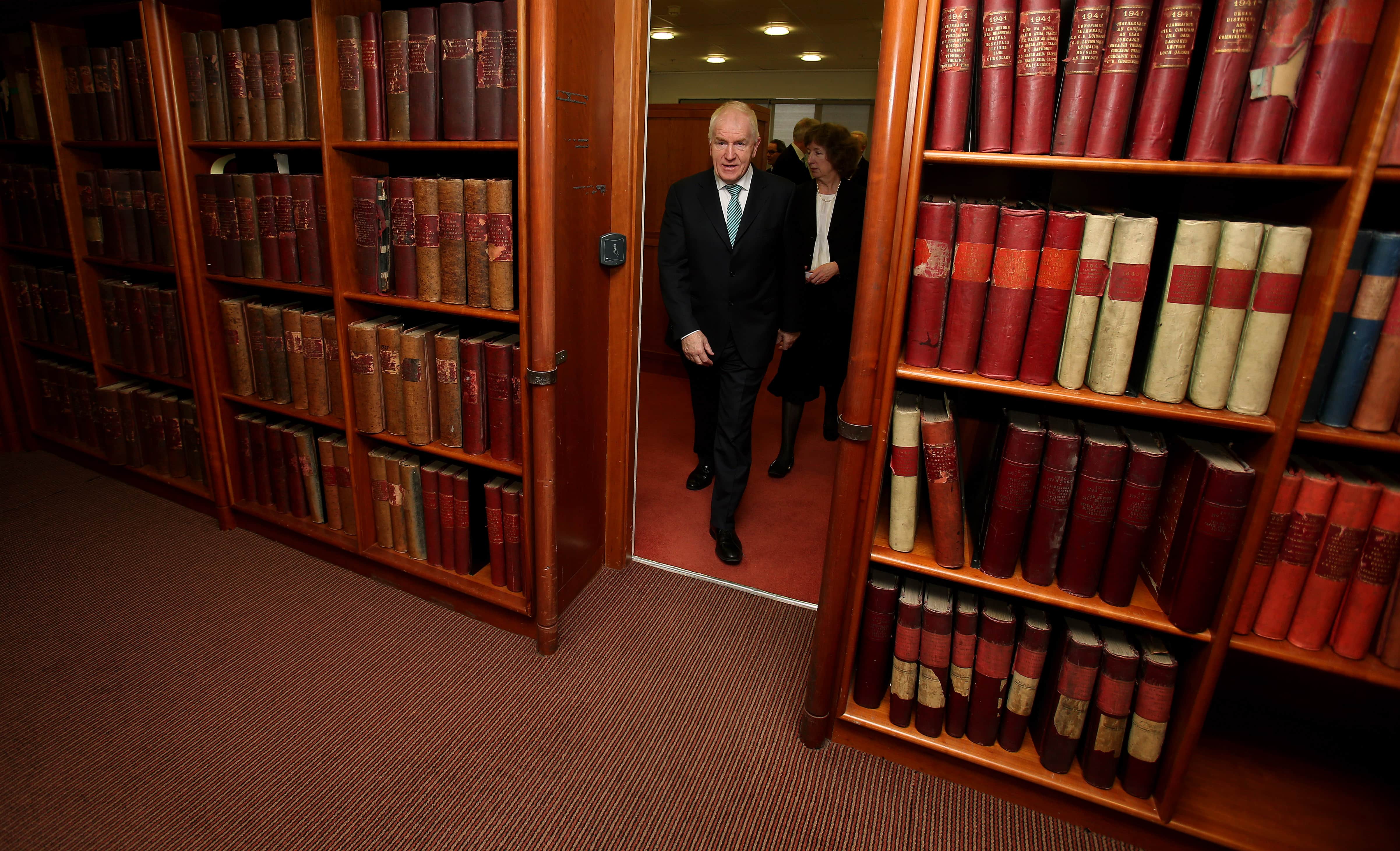Pakistan's submissions on defamation of religions adopted the exact wording of Irish legislation on blasphemous libel.
(ARTICLE 19/IFEX) – 20 November 2009 – ARTICLE 19 is extremely concerned that the submissions on defamation of religions brought by Pakistan on behalf of the Organisation of Islamic Conference (“OIC”) before the UN Ad Hoc Committee on the Elaboration of Complementary Standards (“Ad Hoc Committee”) adopted the exact wording of the provisions of Irish legislation on blasphemous libel contained in that country’s Defamation Act, passed in July 2009. This clearly shows that the Irish legislation is being used to legitimise the proposals of Pakistan and the OIC to establish defamation of religion as a principle of international law.
The Ad Hoc Committee is mandated to “elaborate, as a matter of priority and necessity, complementary standards in the form of either a convention or additional protocol(s) to the International Convention on the Elimination of All Forms of Racial Discrimination, filling the existing gaps in the Convention, and also providing new normative standards aimed at combating all forms of contemporary racism, including incitement to racial and religious hatred” (Human Rights Council resolution 6/21). Pakistan and the OIC seek to establish defamation of religions as a new normative standard. The Irish Defamation Act 2009 has also reintroduced the offence of blasphemous libel this year. This represents a dangerous trend towards the standardisation of blasphemous libel internationally.
ARTICLE 19 has previously raised its concerns with both the Irish legislation and the Pakistan proposal to the Ad Hoc Committee, and warned that both pose serious threats to freedom of expression and have no basis in established international standards. International human rights standards protect individuals and groups on the basis of their religion or ethnicity, but do not protect religions per se. Constituting defamation of religion in international law or domestic legislation distorts and undermines existing international human rights protection of both the right to freedom of expression and the right to equality. Furthermore, the concept of defamation of religions has been abusively relied upon to stifle religious dissent and criticism of religious adherents and non-believers in a number of countries around the world.
At the adoption of the Irish Defamation Act, the Irish Minister for Justice, Dermot Ahern, referred to the constitutional basis of the Act and assured that the Act is formulated in a way to make it almost impossible to successfully prosecute. However, the reliance by representatives of Pakistan on the Irish legislation shows that the Irish law has provided an extremely dangerous international precedent.
Sweden, on behalf of the European Union, responded to Pakistan’s submission to the Ad Hoc Committee specifically opposing defamation of religions as a human rights concept. It is ironic that the text to which the European Union is opposed is extracted directly from the law of a Member State and consolidated democracy.
ARTICLE 19 therefore urges:
– The Government of the Republic of Ireland to recognise the effect its legislation has globally on freedom of expression, and to amend its legislation concerning blasphemy and blasphemous libel in order to uphold the right to freedom of expression and set an important example to other states;
– The Ad Hoc Committee not to accept the proposals for a convention or additional protocol that oversteps in any way the long-established limits of international human rights law, principles and values which protect individuals and groups, rather than religious ideas, objects and symbols; and
– The European Union to call on the Republic of Ireland to comply with its obligations under international law to safeguard freedom of expression.

